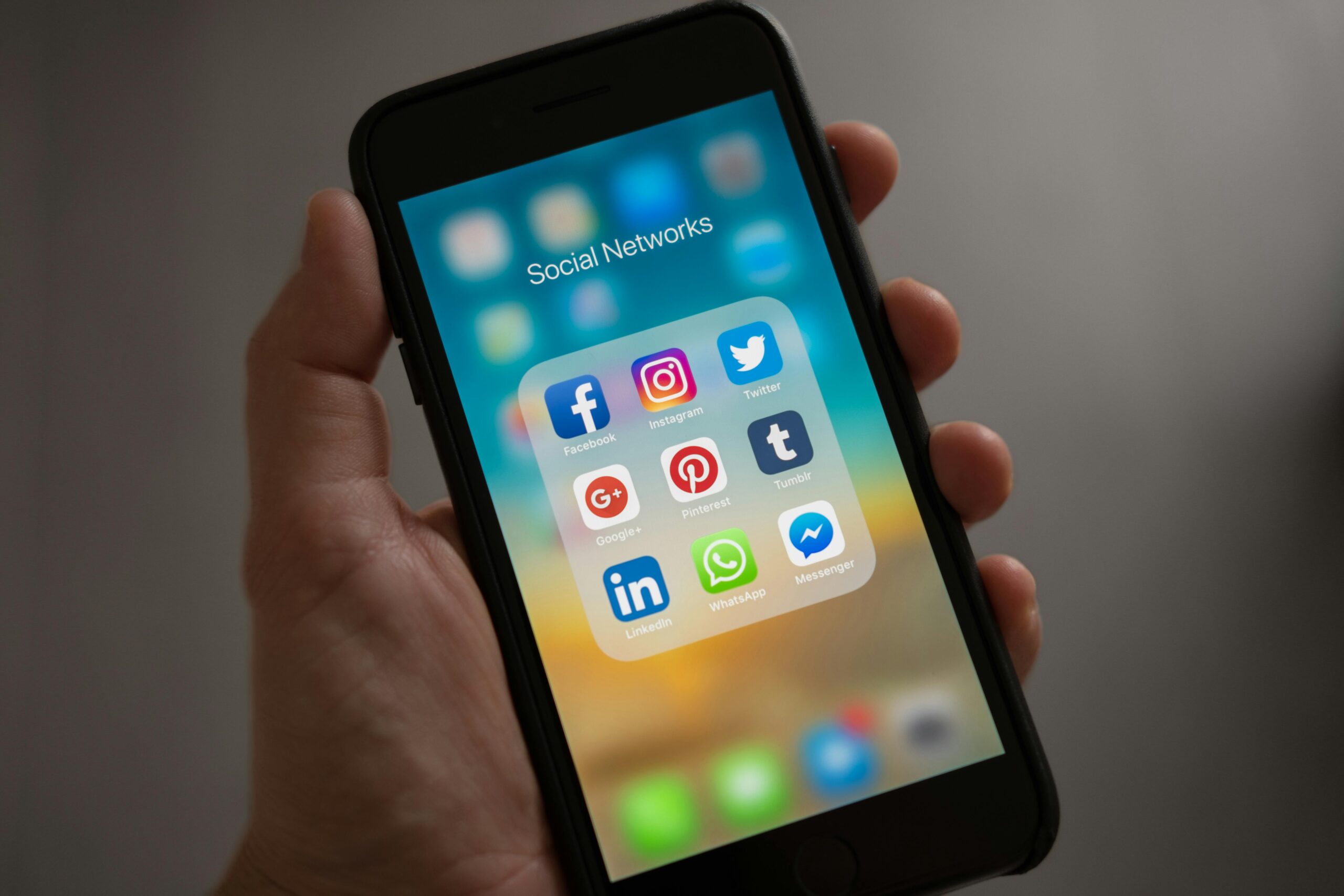7 Key Insights: Can Social Media Cause Anxiety? Unraveling the Impact on Mental Health
Explore 7 essential insights into how social media affects anxiety, with simple explanations, real-life examples, and expert recommendations to help you understand and manage digital stress.

Introduction
Imagine feeling a little scared or nervous every time you check your phone—does that sound familiar? Many studies and experts suggest that social media, while fun and connecting, might also cause anxiety for some people. In this guide, we share 7 key insights into whether social media can cause anxiety. We’ll use research data, quotes, and real-life stories to explain how too much digital time might make you feel worried or stressed, and offer practical tips and resources to help manage those feelings.
1. Understanding Social Media Anxiety
What It Means:
Social media anxiety is the feeling of stress or worry that some people experience when using social platforms. It’s like feeling butterflies in your stomach before a big show.
Example for a Child:
Imagine if every time you saw a loud noise, you felt scared. Sometimes, looking at many posts and messages can make people feel the same way.
Data Insight:
Research from UC Davis Health shows that high social media use can correlate with increased stress and anxiety, especially among teens and young adults.
2. The Role of Comparison
What It Means:
When you see others sharing perfect moments, it’s easy to compare and feel like your life isn’t as good. This can lead to worry and low self-esteem.
Example:
Imagine drawing a picture and then comparing it to someone else’s beautiful drawing. It might make you feel sad even if your picture is special.
Quote:
“Comparison is the thief of joy.” — Theodore Roosevelt
Tip:
Remember that everyone’s picture is unique. Focus on your own progress instead of comparing yourself to others.
3. Digital Overload and Stress
What It Means:
Spending too much time on social media can overwhelm your brain, similar to trying to drink too much water at once. This overload can trigger anxiety.
Real-Life Story:
Many users at McLean Hospital have reported that constant notifications and the pressure to respond immediately can lead to feelings of stress. One person shared that after limiting screen time, their worry levels dropped significantly.
Tip:
Set specific times to check your social media and take breaks to play outside or read a book.
4. Impact on Sleep and Well-Being
What It Means:
Social media can affect your sleep. Lack of sleep makes you feel tired and worried, which increases anxiety.
Example:
Think of your body like a battery. If you don’t recharge it by sleeping well, it won’t work properly. Checking your phone late at night can keep you awake and make your battery low.
Data Insight:
Studies from Harvard and the PMC article highlight that poor sleep quality linked to late-night screen use can heighten anxiety levels.
5. The Power of Notifications
What It Means:
Constant alerts from your phone can make you feel like you always need to check for updates. This can distract you and create a feeling of nervousness.
Example:
Imagine if every time you heard a bell, you had to stop what you were doing. It would be hard to concentrate and feel calm, right?
Tip:
Turn off non-essential notifications and designate “quiet hours” to reduce interruptions and stress.
6. Managing Digital Stress
What It Means:
You can take steps to manage social media anxiety by practicing digital wellness. This means setting limits and finding healthy ways to interact online.
Practical Steps:
- Digital Detox: Take breaks from social media regularly.
- Mindfulness: Practice deep breathing or meditation to calm your mind.
- Real Connections: Spend more time with friends and family in person.
Recommended Resource:
For more ideas, visit UC Davis Health’s blog on safe social media use.
7. Inspirational Stories and Further Resources
Real-Life Insight:
One inspiring story comes from a young professional who felt overwhelmed by social media comparisons. By setting boundaries and focusing on offline hobbies, they not only reduced their anxiety but also discovered new passions and a more balanced life.
Recommended Books:
- “Digital Minimalism” by Cal Newport
Learn more on Amazon
Learn how to reduce digital clutter and reclaim your peace of mind.
Films:
- “The Social Dilemma” (2020)
A documentary that explains how social media affects our emotions and decision-making.
YouTube Videos:
- “Can Social Media Cause Anxiety?” – Explores the science behind digital stress.
- “How to Use Social Media Safely” – Offers practical tips for maintaining digital wellness.
Online Courses:
- Digital Wellness Courses on Coursera – Learn strategies to balance your digital life and reduce anxiety.
Conclusion
So, can social media cause anxiety? The answer is yes—it can if used excessively or without mindful practices. However, by understanding the impact of constant digital stimulation, setting boundaries, and practicing self-care, you can reduce anxiety and enjoy the benefits of social media without letting it overwhelm you.
Final Thought:
Imagine your brain is like a garden. Too much water (social media) can flood it, but with careful care and balance, your garden can bloom beautifully. By managing your digital habits, you create space for calm, creativity, and happiness.


Can you be more specific about the content of your article? After reading it, I still have some doubts. Hope you can help me.
Can you be more specific about the content of your article? After reading it, I still have some doubts. Hope you can help me.
I don’t think the title of your article matches the content lol. Just kidding, mainly because I had some doubts after reading the article.
Your point of view caught my eye and was very interesting. Thanks. I have a question for you.
Thank you, your article surprised me, there is such an excellent point of view. Thank you for sharing, I learned a lot.
I don’t think the title of your article matches the content lol. Just kidding, mainly because I had some doubts after reading the article.
Can you be more specific about the content of your article? After reading it, I still have some doubts. Hope you can help me.
Thank you for your sharing. I am worried that I lack creative ideas. It is your article that makes me full of hope. Thank you. But, I have a question, can you help me?
Thank you for your sharing. I am worried that I lack creative ideas. It is your article that makes me full of hope. Thank you. But, I have a question, can you help me?